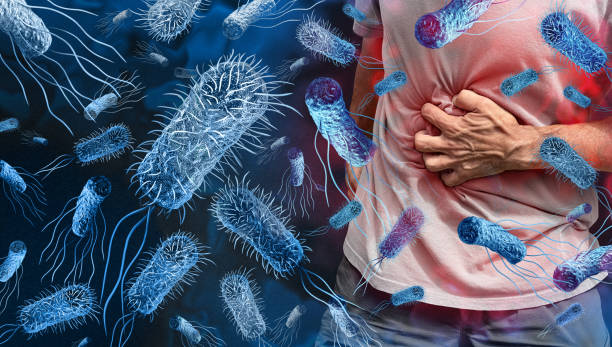By Dr. Alexandra Shustina, DO
One of the most common things patients complain about in my office is fatigue and “brain fog.” They feel tired even after a good night sleep. Their concentration is not what it used to be. They do not have the energy to do what they were previously doing. Perhaps they end up drinking more and more caffeine with minimal improvement. Here are the top 10 things we can do get energized and think clearly and effectively to be energetic, clear, and effective.
- Sleep. This is an obvious one, but there is more to it than you think. Although, total number of hours of sleep is important, equally important is timing of sleep. Earlier sleep is more valuable than late sleep. Sleeping eight hours between the hours of 9PM and 5AM is more restful than sleeping midnight to 8AM. Just shifting your schedule earlier can make a big difference.
- Eat an early dinner and no late snacks. When our bodies are busy digesting, we are not properly resting. It is ideal to finish eating dinner at least 3 hours before bedtime. Digestive health is vital to energy level, vitality, and total health. Resting the gut is vital to maintain digestive health and prevent inflammation. Intermittent fasting is a great way to allow the gut to rest, improve quality of sleep, decrease total body inflammation.
- Eat a healthy, anti-inflammatory diet filled with anti-oxidants. We are all unique and require different nutrients to keep us optimized. Some basic requirements apply to all people. A natural diet rich in organic vegetables and omega 3 fatty acids is vital to all people. Meat should be naturally raised and organically fed and fish should be wild.
- Exercise regularly. Exercise is a vital part of both physical and mental health. Physical exercise has been shown to improve cognitive function in and improve depression and anxiety(1,2) An exercise routine should include stretching, breathing, and mindfulness. Getting sweaty while increasing heart is vital. My favorite forms of mindful exercise are running, walking, Pilates, yoga, swimming, dancing, and martial arts.
- Manage stress. Acute stress activates the Adrenal axis and temporarily increases our energy by secreting adrenaline and other stress signaling neurotransmitters and hormones. When the body is chronically stressed and the adrenal axis is chronically activated, the body becomes depleted and energy level is decreased. Any peak highs are always balanced out by chronic lows. A balanced steady energy state is best and is achieved when we properly manage emotional stress.
- Be inspired. Life is too short. Do what you love for work, for fun, and for your family. We all have to pay the bills. Isn’t it much better to pay the bills by doing something we enjoy and which is helpful and useful to others?
- Spend quality time with family and friends nbsp; We are glued to our screens for work. Spending too much time on our phones, on social media, checking messages and emails can leave us drained and depressed. We don’t have to be glued to our screens in our free time. Put the phone away for designated family time, social time, created_at time, and rest time.
- Meditate. Meditation is a great tool for destressing, refocusing and achieving goals. There are many different ways to meditate. Meditation can be guided with positive visualization or can be silent and freestyle. Find the way which works for you and practice daily.
- Spend time in nature. I live in a New York City. Just going outside, bombarded by pedestrian traffic, and honking cars can be exhausting. Even a short ride in the subway during rush hour can leave you drained. Nature is invigorating. You can be on a snowy mountain, a tropical beach, or under a tree in the woods. Sometimes we need to get away from the concrete jungle to get some energy to refocus.
- Keep your gut healthy. Last but certainly not least and very close to my heart as a Gastroenterologist, proper bowel function is vital. We should be having 1-2 formed stools with complete evacuation and no straining. No reading novels on the toilet. We should be in and out and feel completely relieved. Not everyone is lucky to have such a great bowel habits. A trip to an Integrative Gastroenterologist can help!
References
- Mikkelsen K, Stojanovska L, Polenakovic M, Bosevski M, Apostolopoulos V, Exercise and mental health,Maturitas,Volume 106,2017, Pages 48-56.
- Heyn P, Abreu BC, Ottenbacher KJ, The effects of exercise training on elderly persons with cognitive impairment and dementia, Archives of Physical Medicine and Rehabilitation Volume 85, Issue 10, 2004, Pages 1694-1704.
